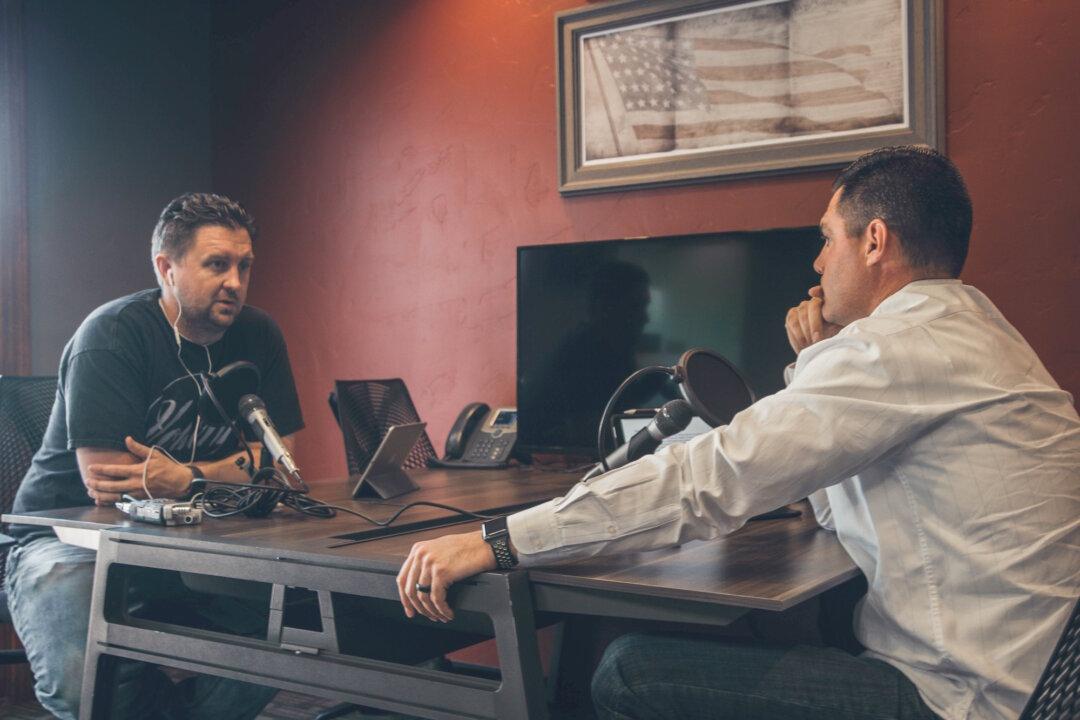In the aftermath of the 2016 elections, many were shocked by the country’s polarization. Stories soon followed of families falling out and personal or professional relationships deteriorating. Over the past four years, the polarization seems to only have increased. But there are also indications that the average American does not want to hate his or her neighbors.
Soon after the 2016 presidential election, the organization Braver Angels (then named Better Angels) brought 10 Donald Trump voters and 10 Hillary Clinton voters together in a room in southwest Ohio to see if a civil conversation could take place. Not only was the workshop a success, but the organization has grown over the years.






